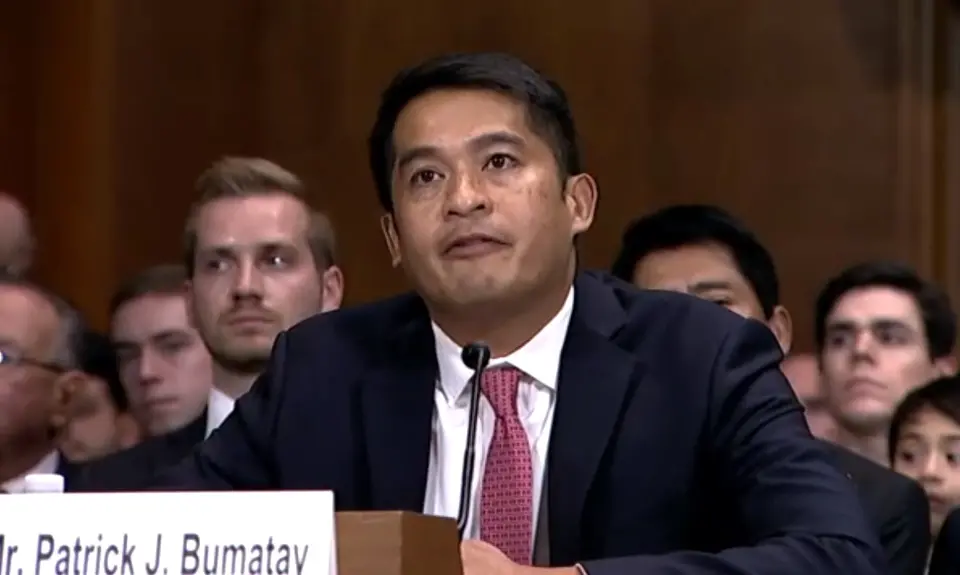“Confirmed Judges, Confirmed Fears” is a blog series documenting the harmful impact of President Trump’s judges on Americans’ rights and liberties. Cases in the series can be found by issue and by judge at this link.
Trump Ninth Circuit judge Patrick Bumatay would allow for the conviction of an individual despite the government’s failure to disclose evidence favorable to him that it had in its possession. The July 2020 decision was U.S. v. Obagi.
Maher Obagi and Mohamed Salah were employees at a mortgage brokerage firm that was accused of receiving kickbacks, creating false agreements, and using straw buyers to falsify information needed on the mortgage applications. Employees of the firm often posed as the fake buyers when lenders tried to verify mortgage application information.
Obagi allegedly supervised the creation of fraudulent loan documents, recruited straw buyers, supervised other employees who posed as fake buyers in lender phone calls, and financially benefitted from the scheme. It was also alleged that Salah helped forge tax records so that the banks approved the mortgage applications. He also allegedly helped facilitate straw buyer phone calls and hid payments to the straw buyers. Both men were charged in district court with conspiracy to commit wire and bank fraud.
At trial, the government called several cooperating witnesses including escrow officer Jacqueline Burchell. She testified that Obagi instructed her to hide kickback payments. Burchell was not a model witness. She pled guilty in this investigation, pled guilty in a separate mortgage fraud investigation and lied in a civil deposition on another case.
To provide credibility for to Burchell’s testimony the government presented Holly Saad as a witness. She also testified that Obagi instructed her to hide kickback payments. The government indicated that Saad was a credible witness and had never taken a plea deal in exchange for her testimony.
During the closing arguments, another prosecutor from the U.S. Attorney’s Office, who just happened to be in the courtroom listening, recognized that Saad had in fact received immunity in a separate mortgage fraud investigation. This attorney alerted the trial prosecutors about this crucial oversight. The prosecution then notified the judge and the defense counsel about Saad’s June 2014 immunity agreement and produced the agreement and reports from that case.
To avoid declaring a mistrial, the district court allowed closing arguments to continue, but altered the jury instructions to inform the jury that the government committed an error and to disregard Saad’s testimony. The jury ultimately returned guilty verdicts against Obagi and Salah.
In a 2-1 decision the majority reversed the convictions and remanded the case for further proceedings. The majority explained that the government failed to disclose the past immunity deal that would impeach the government witness in violation of Brady v. Maryland. They went on to say that the district court’s jury instruction did not fully cure the prejudice that resulted from the government’s Brady violation. The jury instructions did not inform the jury that the government’s closing arguments were “premised on a false narrative—Saad’s reliability” and the instructions failed to explain that the “defense counsel had presented the case one way, only to learn afterwards that the truth was something else. Despite the trial court’s best efforts, the failure to disclose Saad’s immunity deal ‘undermine[s] confidence’ in the jury’s verdict.”
Judge Patrick Bumatay dissented explaining that the court “gives deference to district courts in crafting remedies for Brady violations” and the district court’s “curative instruction and the extensive evidence against defendants” made it hard to see how Saad’s testimony made or broke the government’s case.
